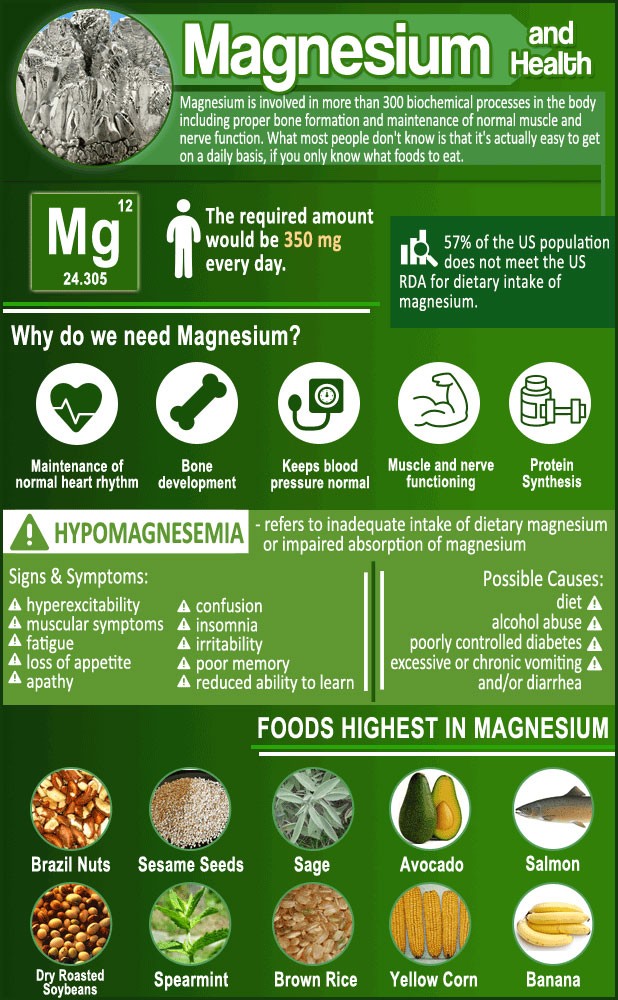A review of studies has revealed that vitamin D can’t be metabolized without adequate levels of magnesium, which means that for many Americans, vitamin D remains inactive and stored. Without adequate levels of magnesium, vitamin D isn’t really useful, and people take vitamin D supplements without understanding how they get metabolized.[1]
A balance of vitamin D and magnesium levels is essential for the maintenance of the physiologic functions of a variety of organs. Vitamin D helps with regulating calcium and phosphate balance which is essential for maintaining the health of the bones. Vitamin D supplement consumption can increase levels of phosphate and calcium even if there is a vitamin D deficiency. This can result in vascular calcification if levels of magnesium are not high enough.
Individuals having optimum levels of magnesium require less vitamin D supplementation for achieving adequate levels of vitamin D. Magnesium also helps to reduce the risk of osteoporosis, which helps in mitigating bone fracture risk which can be attributed to low vitamin D levels. A deficiency of magnesium or vitamin D has been associated with a variety of disorders, which includes metabolic syndrome, cardiovascular diseases, and skeletal deformities.
Although the magnesium RDA is 420 mg for men and 320 mg for women, the standard U.S. diet provides only about 50% of RDA with more than half of the population estimated to be consuming a diet deficient in magnesium. In the past few decades the consumption of magnesium from natural foods has declined due to in dietary habit changes and industrialized agriculture. Magnesium levels are low in individuals consuming processed foods high in phosphate, fat, sugar and refined grains. The consumption of adequate magnesium could help to lower the risk of a deficiency of vitamin D, and reduce the need for vitamin D supplementation.
Foods high in magnesium include bananas, almonds, broccoli, beans, brown rice, egg yolk, cashews, other nuts, sunflower seeds, sesame seeds, pumpkin seeds, fish oil, green vegetables, flaxseed, milk, mushrooms, oatmeal, soybeans, tofu, whole grains sweet and corn.

Want to use our images on your site? Right click on image for embed code
